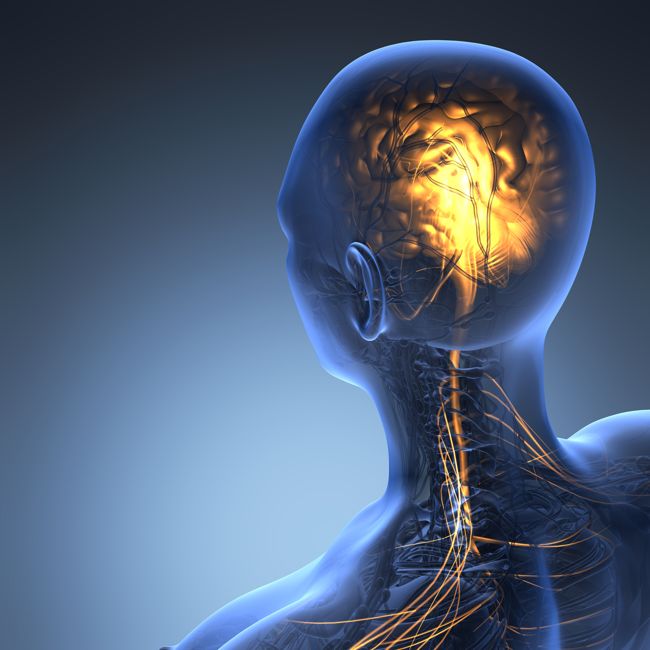Multimodal, multiresolution brain imaging (BRAIN)
Understanding brain function is one of the greatest scientific challenges of our times. Interdisciplinary efforts, combining advances in neuroimaging, electronic sensor technologies and signal processing are necessary to unravel the processing pathways within the brain. In turn, these findings can inspire novel, neuromorphic computing architectures and paradigms, as well as better diagnostic tools and treatment for brain disorders.
Recent advances in ultrasound technology now allow to acquire images at very high frame rates, boosting the traditional power Doppler signal-to-noise ratio. This facilitates the mapping of subtle variations in blood volume related to neuronal activity. The resulting technology, functional ultrasound (fUS) imaging, can image the whole depth of the brain with a spatial resolution of 50-500um and a temporal resolution of tens of milliseconds.
Simultaneous recording of different modalities is necessary to obtain a complete picture of brain function. Therefore, this PhD project aims at developing a novel multimodal and multiresolution brain imaging paradigm. Initially, it combines depth electrodes (iEEG), scalp EEG and fUS. Data volumes can be very large, and the required data fusion requires smart algorithmic solutions. After gaining insight into the signal properties, complementarity, and limitations of the initial acquisition setup, the specifications of a dedicated non-invasive, wearable EEG-fUS device can be formulated.

Project data
| Researchers: | Borbála Hunyadi, Wouter Serdijn, Michiel Pertijs, Aybüke Erol |
|---|---|
| Starting date: | July 2019 |
| Closing date: | July 2023 |
| Funding: | 100 kE; related to group 100 kE |
| Partners: | Erasmus MC (Pieter Kruizinga) |
| Contact: | Borbála Hunyadi |